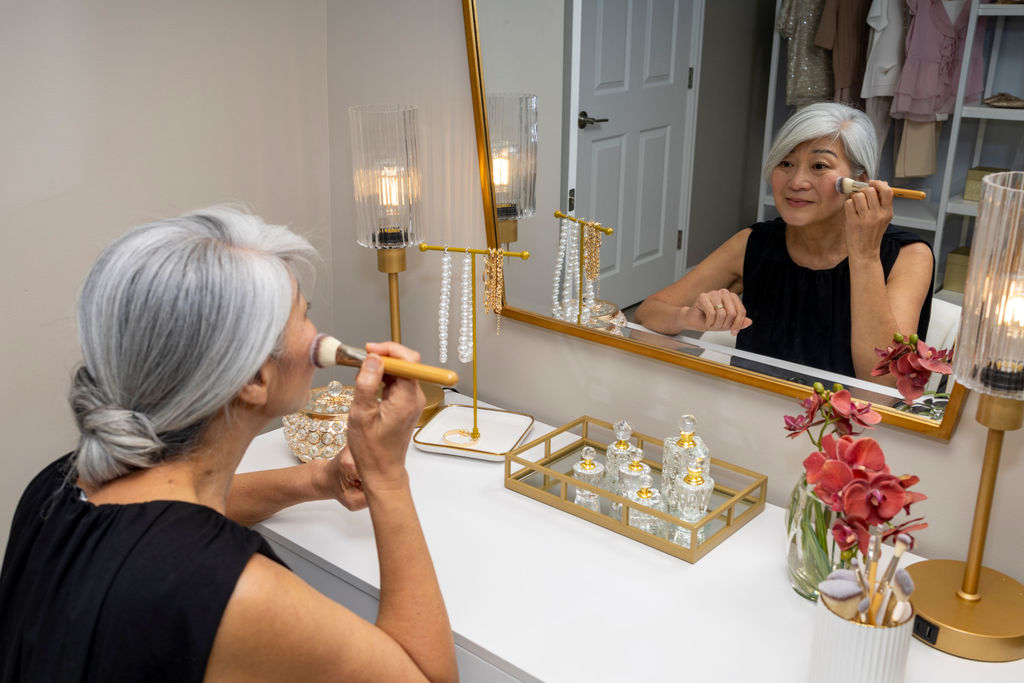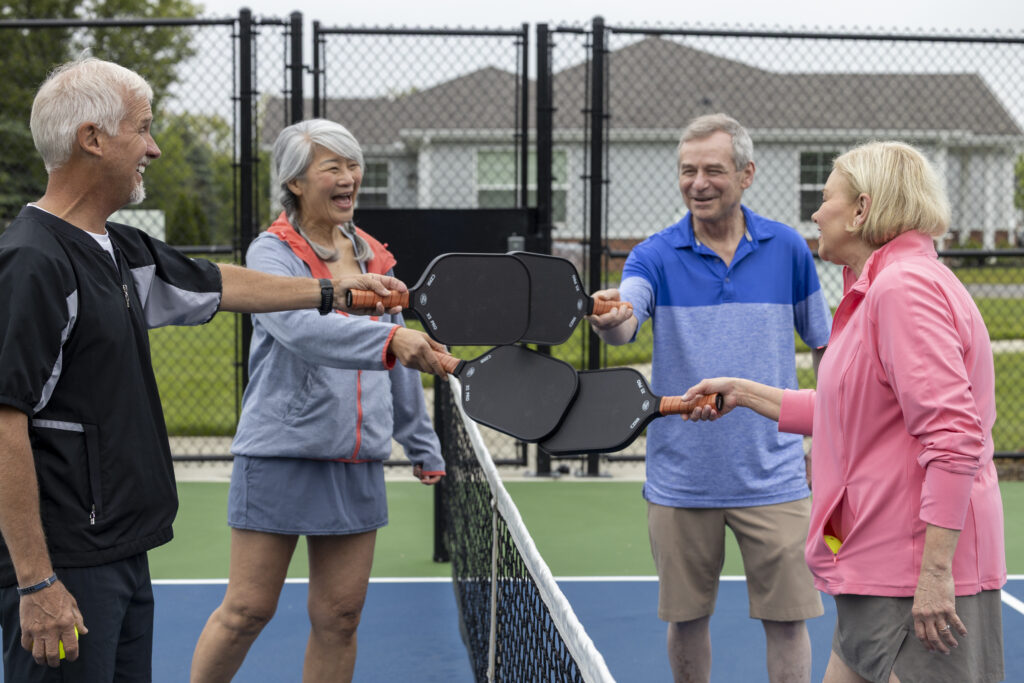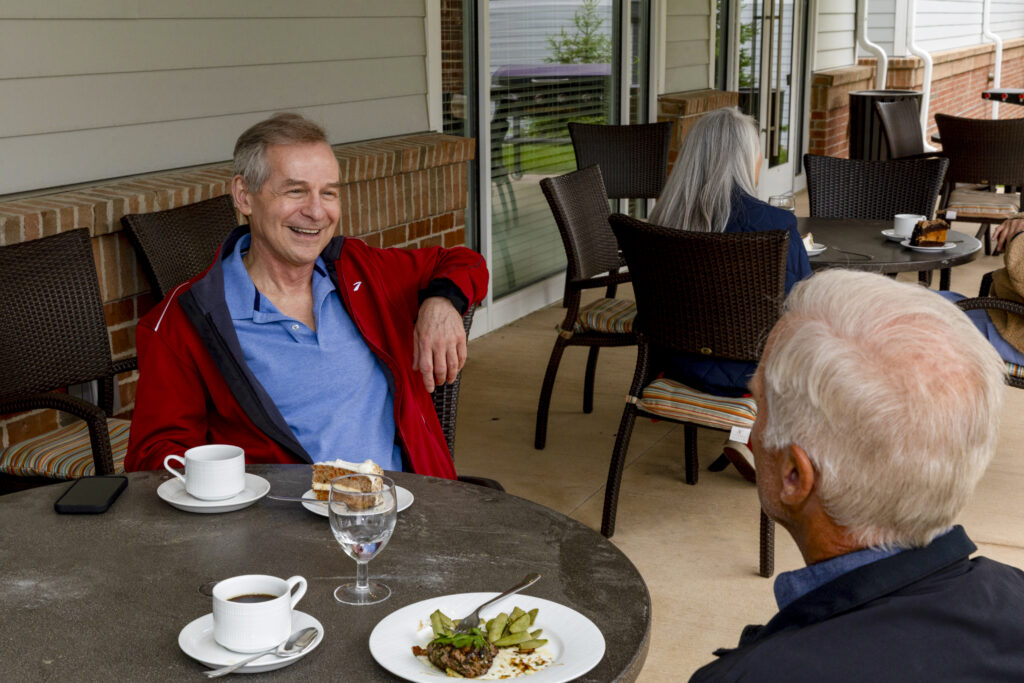Why Are 55+ Adults More at Risk for Winter Depression?
As the days grow shorter and colder, many seniors find themselves feeling different—more fatigued, disconnected, or low‑spirited. Research confirms that older adults face unique risks due to changes in light exposure, mobility, health status, and social engagement. Understanding the causes and taking proactive steps can help ensure the winter months remain an active, connected, and fulfilling time.
Why Are Seniors at Greater Risk?
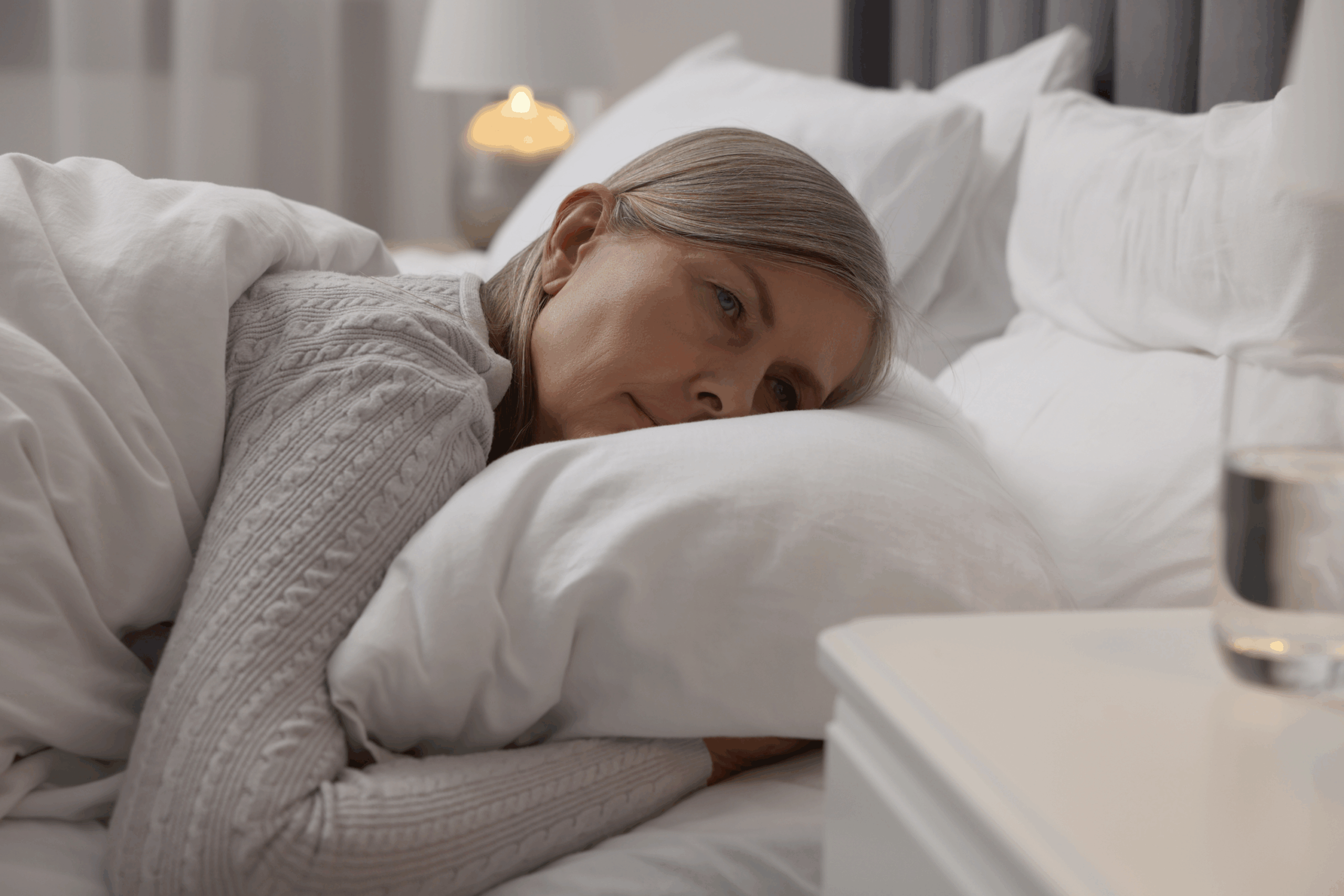
Reduced natural light exposure
Shorter daylight hours affect our internal clock (circadian rhythm) and mood‑regulating chemicals such as serotonin and melatonin. Seniors also tend to spend more time indoors and may have less exposure to sunlight.
Vitamin D and physiological changes
As we age, our skin becomes less efficient at synthesizing vitamin D from sunlight. Low vitamin D levels are linked to depressed mood and fatigue in older adults.
Social isolation and changes in routine
Winter weather can limit travel, visits, and outdoor group activities. For seniors in independent living or 55+ communities, staying socially connected and purposeful is essential to mental wellness.
Practical Strategies for Feeling Better This Season
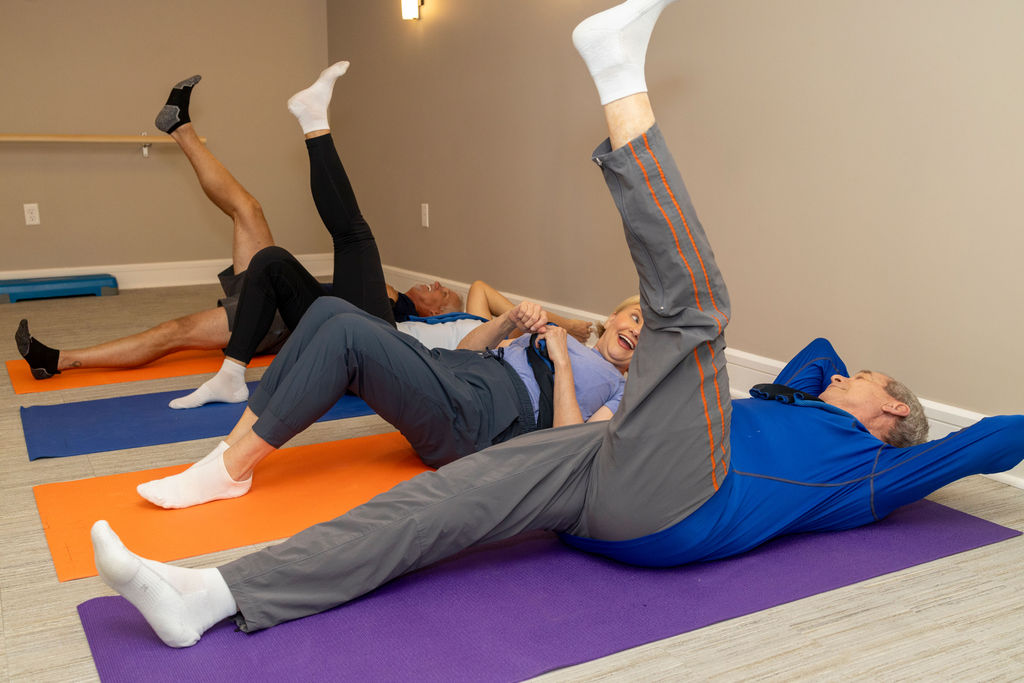
1. Maximize light and outdoor time
Sit by windows during daylight, open blinds, and if possible, step outside for a short walk each day—even in cooler weather. Use full‑spectrum lighting indoors.
2. Stay active and mobile
Regular movement—walking, light stretching, fitness classes—boosts mood, improves circulation, and supports physical health in senior living.
3. Maintain social connections
Join community events, reach out to friends, and participate in group activities! At Verena at Hilliard, staying socially engaged is effortless thanks to a full activities calendar, welcoming shared spaces, and the convenience of living among peers who are just steps away.
4. Create a routine
A predictable daily schedule for meals, sleep, movement, and social time helps regulate mood and energy.
5. Nourish your body
A balanced diet with fruits, vegetables, lean proteins, and healthy fats supports brain health. Avoid excessive processed foods and aim for hydration.
6. Consult professionals when needed
Consider consulting a healthcare provider if feelings persist.
How Verena at Hilliard Supports Wellness All Year
At Verena at Hilliard, wellness for active adults is built in—from social programming to movement opportunities. Our community features indoor walking options, warm communal spaces, social events, and facilities designed for active living. Ready to learn more? Schedule a tour today and discover Where Happiness Lives®.


